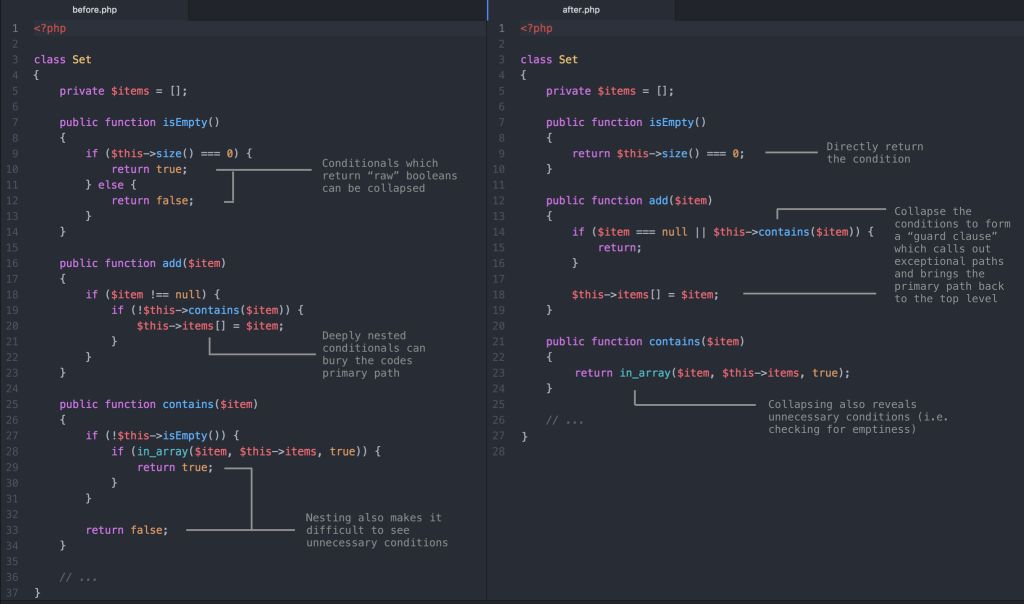Why does clean code matter so much in web projects? It’s the backbone of a successful website. Whether you’re a web designer, UX researcher, or small business owner, understanding the role of clean code can transform your digital presence. Quality coding not only affects your site’s functionality but also its appeal to users and search engines. This post explores the benefits of clean code and offers practical insights to enhance your web projects.
Defining Clean Code
Clean code is more than just well-written syntax—it’s an approach that promotes clarity and efficiency. It’s concise, easy to read, and maintainable. Clean code avoids redundancy and is free from unnecessary complexity. Think of it as the difference between a tidy desk and a cluttered one. A clean workspace makes it easier to find what you need and focus on your tasks. In coding, clarity reduces errors and simplifies updates, making your web projects more robust and scalable.
Messy code, on the other hand, confuses developers and can lead to bugs and inefficiencies. Picture an old website with inconsistent naming conventions and spaghetti code. Such a site can slow down its development and maintenance, leading to frustration and higher costs.
Enhancing User Experience through Clean Code
User experience hinges on seamless interaction. Clean code speeds up your website, reducing load times and improving performance. When users face fast-loading pages, they’re more likely to engage and convert into customers. A sluggish, unresponsive site can turn potential clients away.
Imagine trying to access a site and waiting ages for images to load or links to work. Chances are, you’ll click away in frustration. Clean code mitigates these issues, facilitating a smoother, more enjoyable user experience. This translates into higher conversion rates and repeat visits.
Clean Code and SEO
Search engines favor clean code. It’s an important factor in determining search rankings. Well-structured, clean code ensures that search engines can easily index and understand your content. This improves your site’s visibility and accessibility.
A website riddled with coding errors or bloated scripts can harm your SEO efforts. Search engines may struggle to index such a site, impacting its ranking. Clean, organized code adheres to SEO best practices, giving your web projects a competitive edge in search engine results pages.

The Hidden Costs of Messy Code
Messy code incurs long-term costs. Maintaining and updating a site with disorganized code requires more time and resources. It results in frequent bugs and glitches, hampering your site’s reliability. For small businesses and marketers, this can mean lost sales and damaged reputation.
Security risks also escalate with messy code. Vulnerabilities make it easier for malicious actors to exploit weaknesses. Clean code reduces these risks by ensuring that your site runs efficiently and securely. The upfront investment in clean coding practices pays off by minimizing downtime and enhancing security.
Best Practices for Writing Clean Code
Adopting best practices is crucial for clean code. Start with clear naming conventions and consistent formatting. These simple practices make your code easy to read and maintain. Commenting is another vital technique—explain complex logic within your code to aid future developers or collaborators.
Refactoring is key. Regularly review and improve your code to enhance its clarity and performance. Use tools like linters to automatically detect and fix code style issues. Collaboration between developers and designers also supports clean coding. Open communication helps ensure that everyone adheres to the same standards and guidelines.
Learning from Case Studies
Consider companies that have embraced clean code. A tech startup, for instance, revamped its legacy site with clean coding practices. This led to faster loading times and improved SEO, resulting in more traffic and higher conversion rates. Similarly, a retail business saw reduced maintenance costs and fewer security incidents after implementing clean code.
Real-world examples underscore the value of clean code. These organizations experienced tangible benefits, from increased revenue to enhanced operational efficiency. Clean code is not an abstract concept—it delivers measurable results.
Conclusion
Clean code is indispensable in web projects. It enhances user experience, bolsters SEO, and minimizes long-term costs and security risks. By adopting clean coding practices, you create a more efficient, reliable, and future-proof web presence. Prioritize clean code in your development endeavors to unlock the full potential of your digital projects. Whether you’re a developer, designer, or business owner, investing time in writing and maintaining clean code will yield significant returns in the digital marketplace.





